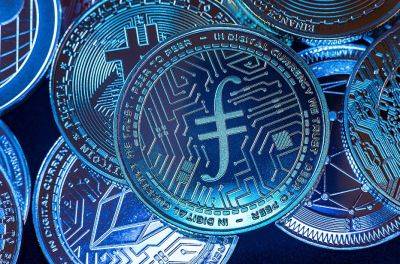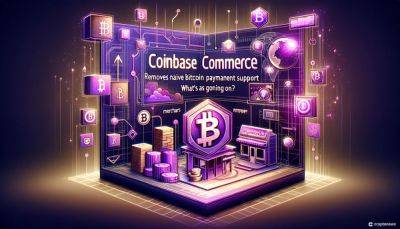Workers are paying to get part of their paychecks early. It's 'payday lending on steroids,' one expert says
Millions of American workers are paying for early access to their paychecks. In some cases, it can come with a steep price.
So-called «earned wage access» programs, which operate either directly to the consumer or through employers, let workers tap a portion of their wages before payday, often for a fee. The services have ballooned in popularity.
While there can be various benefits for consumers — like quick access to funds in the event of an emergency — some services share characteristics of high-cost debt such as payday loans that can cause financial harm, according to some experts and consumer advocates.
«When used properly… it's great,» said Marshall Lux, a banking and technology expert and former senior fellow at Harvard University.
However, Lux said overuse by consumers and high fees that can translate to interest rates up to roughly 400% can turn the services into «payday lending on steroids,» especially since the industry has grown so quickly.
Earned wage access goes by various names: daily pay, instant pay, accrued wage access, same-day pay and on-demand pay, for example.
The programs fall into two general camps: business-to-business models offered through an employer and direct-to-consumer versions.
The B2B model uses employers' payroll and time-sheet records to track the users' accrued earnings. When payday arrives, the employee receives the portion of pay that hasn't been tapped early.
Third-party apps are similar but instead issue funds based on estimated or historical earnings and then automatically debit a user's bank account on payday, experts said.
More from Personal Finance:
Many Americans can't pay an unexpected $1,000 expense
Why the 'last mile' of the inflation fight may be hard
Paying rent























